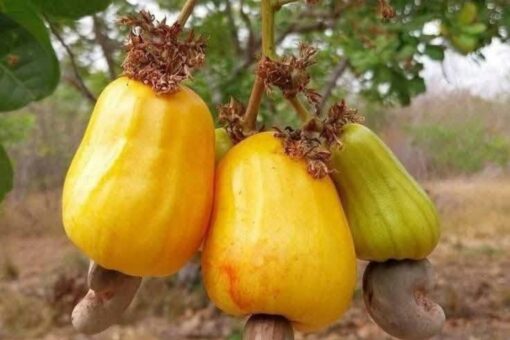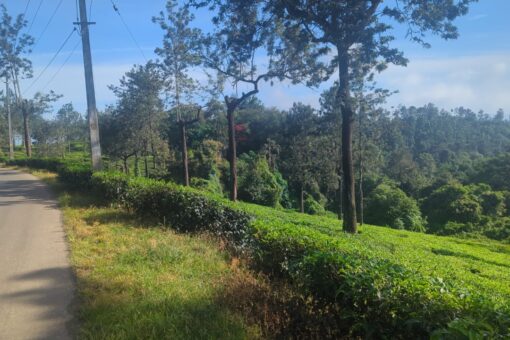
A Thirty-Year Perspective on Aviation and Engineering Ecology for Western India
This blog outlines a set of points for the next thirty years for Mangalore, Dharwar, Belgaum, Kolhapur, and Nasik, focusing on the aircraft and aviation ecology for Coast Guard, Navy, and civilian utilization.
Interdisciplinary Approach
Intelligence applied will involve interdisciplinary engineering and space management.
Port Authority and SEZ
New Mangalore Port Authority and the Special Economic Zone are customs zones and can offer modernized throughputs of spares and parts throughout India and the world.
Mangalore Airport Expansion
The Mangalore Airport Customs zone is already established and can be expanded at will.The shorter, older runway can be used for taxiing and for hangars for smaller aircraft, seaplanes, and smaller aircraft like the 9-seater Saras for deployment.
Indian Economy and Engineering Imperatives
Demographics remain important, but human development is yet to evolve. Engineering will play a major role, such as massive investment in seawater to usable water along coastlines and 100 percent recycling of water at any local body.
Engineering and technology influences will continue across international borders.
Key Points for Future Development
Aircraft Engine Development
India needs to seize the advantage in aircraft engines and play host to all the five majors.
An engine manufacturers’ ecology can be created with promoters and government support to purchase and lease in Rupees in India to Indian owners of planes.Problem areas can be addressed at IITs and NITK on specifics including finance and management issues.
Space in the Mangalore Special Economic Zone needs to be utilised for aircraft engine development.
R&D for Fuel Applications
Space can be used for Research and Development for fuel applications for all types of military and civil aviation, with a direct connection to the refineries.
Aerospace Ecology
Engineering units around Mangalore, including NIT-K, can be connected to IIT Dharwad to develop future connections to aerospace ecology in Belgaum and further to the Kolhapur–Nasik belt.
Export Potential
Connections can be developed with Embraer and direct flights established to Brazil, Africa, and beyond.Engagement with the Ceará state around Fortaleza offers shorter distances than via the US or Europe, with potential connections through Kenya, Senegal, or Ivory Coast.
US and Latin America Connection
Connections can be established through Panama, Cuba, Guyana, West Indies, and Mexico.This enables easier access to South America via South Africa, directly into Argentina, leveraging resources for South Asia and the Asia Pacific.
Australia and New Zealand Investment
Development of at least 100,000 housing units from Perth to the entire Western Australian state can be undertaken, focusing on mineral and metal resources and establishing a zone of peace and development.Investments can be placed in habitable locations rather than congesting main cities.
Engagement with Neutral Countries
Neutral countries in currency management, such as Scandinavia and Denmark, can be engaged to blend Indian capital with global capital for rapid growth and quality development in India.
Indian Political Economy
Investment in Greenland
The Government of Denmark and India can invest in Greenland for servers (saves air-conditioning).Icebergs can be towed to the Panama Canal.
Marine Engineering
As the ice melts, water can be pumped into ships and discharged inside the canal temporarily.
Engines of Growth
Seven nuclear aircraft carriers for India.Whatever it takes to employ justifiably two crore families in two years.
Further inputs can be generated as progress continues.

